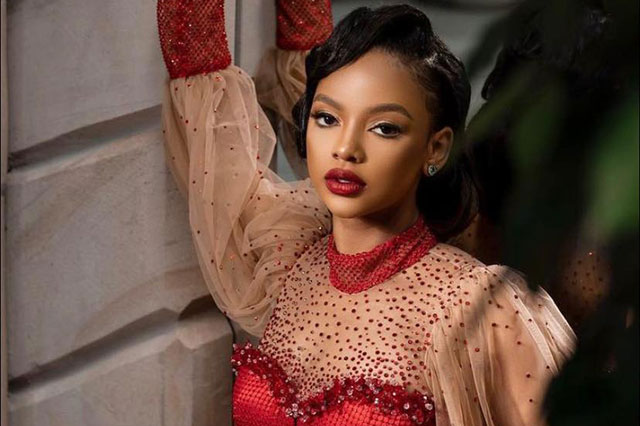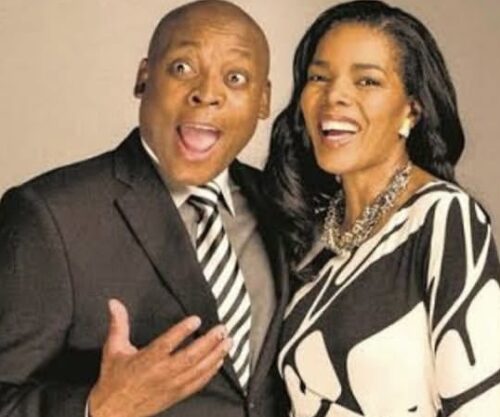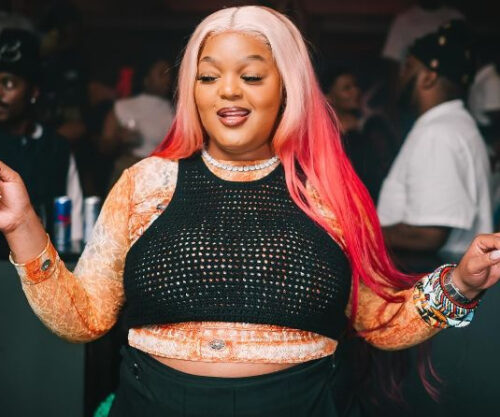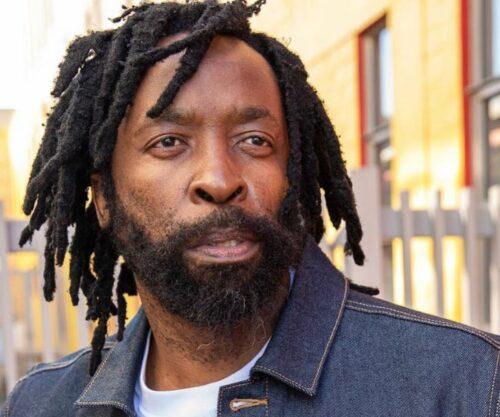
When an Influencer Goes Makeup-Free
After a five-month YouTube silence, beauty influencer Mihlali Ndamase returned with a video that begins in raw honesty: a bare face, visible acne scars, and a promise to walk viewers through her skincare journey. What followed wasn’t beauty content alone—it turned into one of the most talked-about skin moments of the year across South Africa.
“Another Breakout” or Something Else?
In the video uploaded 13 October 2025, Mihlali refers to her current skin appearance as “another breakout,” showing lesions and scars she’s battled for years. She reassures viewers that she’ll share what has (and hasn’t) worked for her. The clip racked up over 62,000 views within two days and drew hundreds of comments—some loving, others biting.
Shade, Speculation, and Support
Across social media—especially X (formerly Twitter)—the tone shifted swiftly from makeup discussion to deep personal critique. Some voices pointed fingers at alleged skin bleaching, claiming her acne was “not normal.” Others mocked her face without makeup. But Mzansi also showed up in defence. Several fans and followers reminded critics that hormonal acne is a real, ongoing struggle. Some offered empathy: they’ve been through similar cycles. One user bluntly said negative reactions only show how insensitive people can be about complex skin issues.
The Backdrop: Why This Hits So Deep
Beauty content creators often live under pressure: to always be flawless, to return with perfect skin, and to inspire with no trace of flaw. Mihlali has long been open about her skin struggles. That vulnerability is part of her brand. When she revealed a “less filtered” face, it pierced the assumptions viewers carry about influencers and perfection.
This moment also invites a broader conversation about how social media treats skin issues, especially for Black women. Acne is medical, not moral. Scars are reminders—not shame. The snap judgements reflect societal discomfort when public figures show imperfection.
A Fresh Angle: What Her Reveal Finally Makes Us Talk About
This isn’t just another influencer story. Mihlali’s openness forces reckonings about beauty standards, mental health, skincare access, and shame. Her decision to film bare-faced is itself resistance against the curated, polished feed. In that space, her breakout becomes a story of authenticity.
South Africans are seeing more than a “skin problem.” They’re witnessing how skin becomes a battleground—between projection and reality, between audience expectations and human vulnerability.
In the End: Skin, Shade, and Solidarity
The moment Mzansi flooded the comments was almost inevitable. But what matters now is how this unfolds next: whether we lean into empathy instead of blame or whether influencers feel freer to share their unfiltered selves without fear.
Mihlali’s skin won’t define her—but her courage to show it might help reshape how South Africa sees beauty.
Source: Briefly News
Featured Image: African Insider




